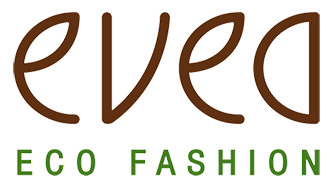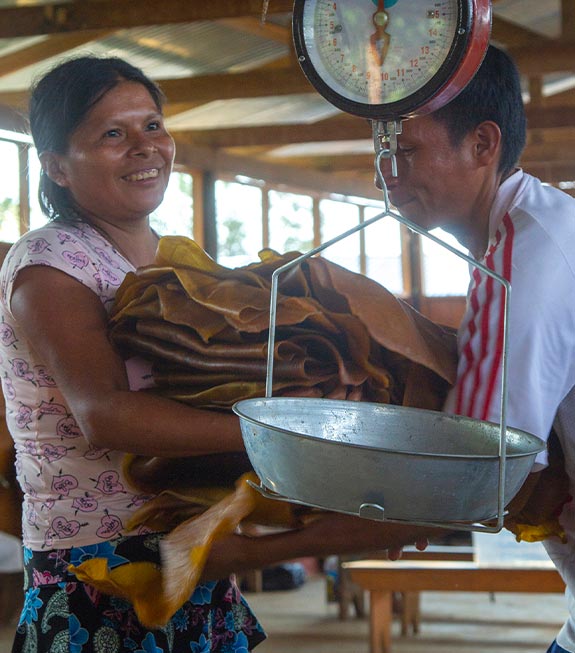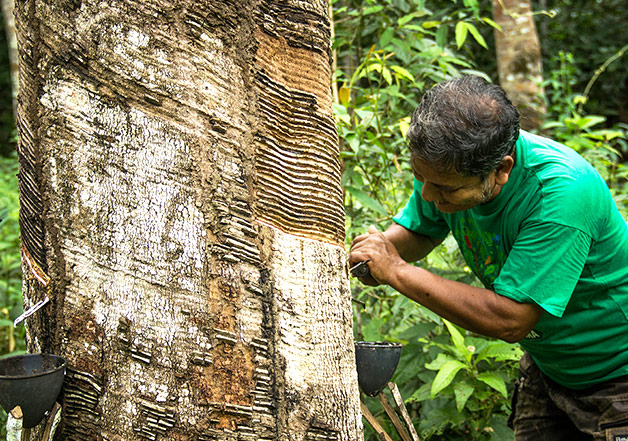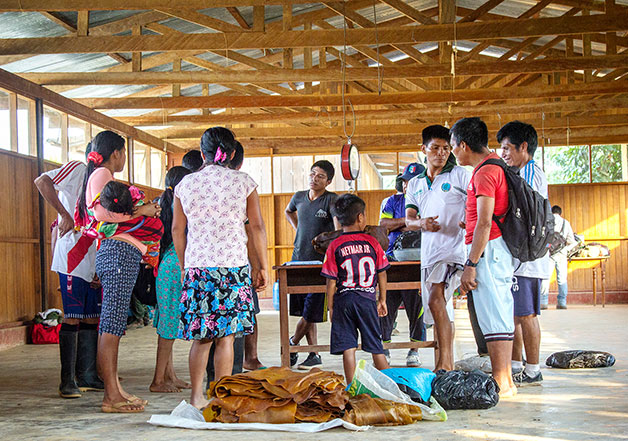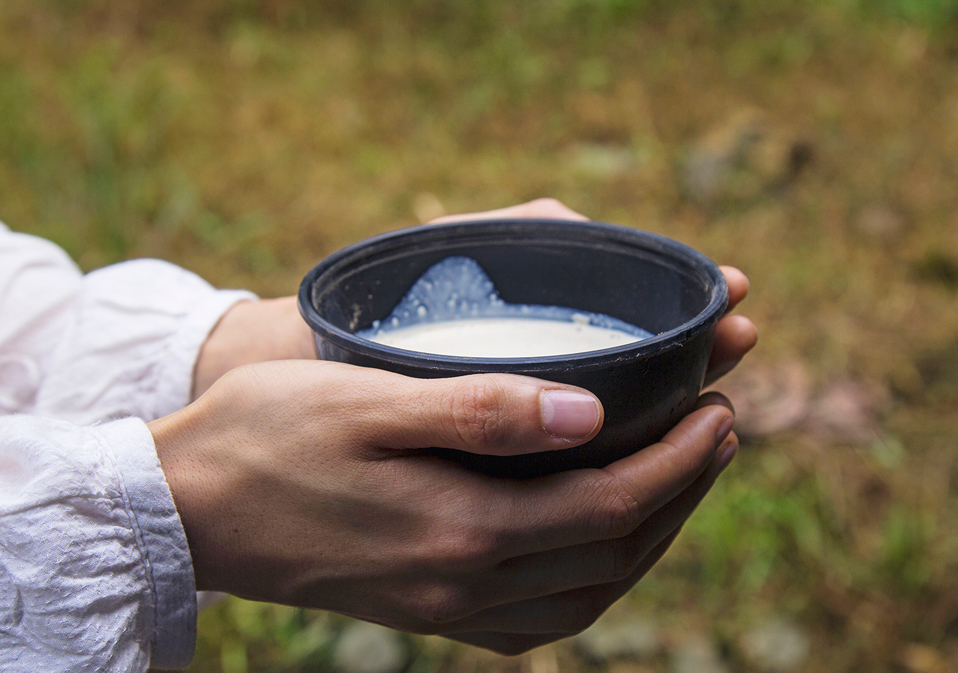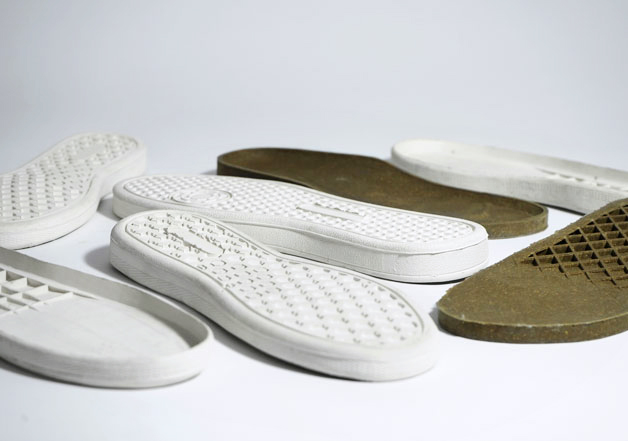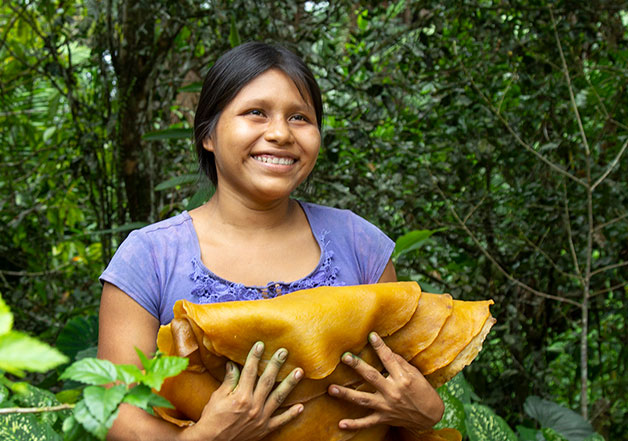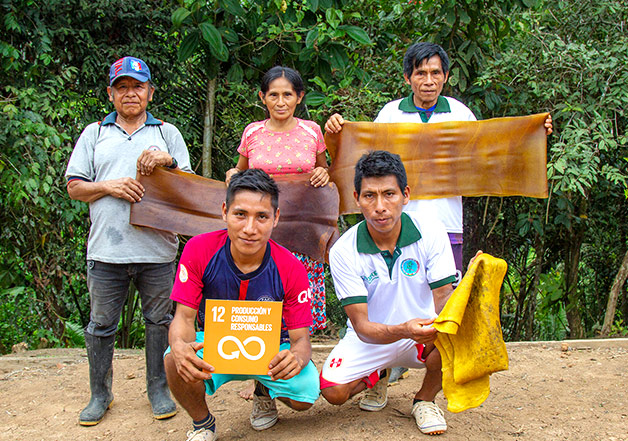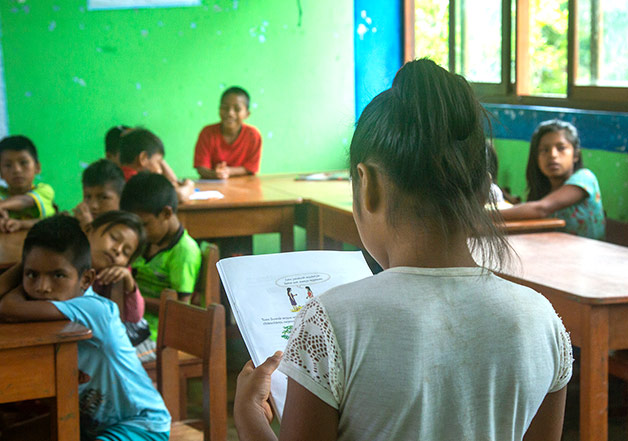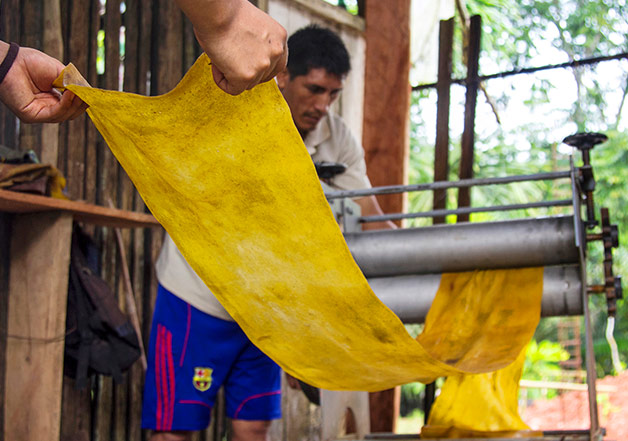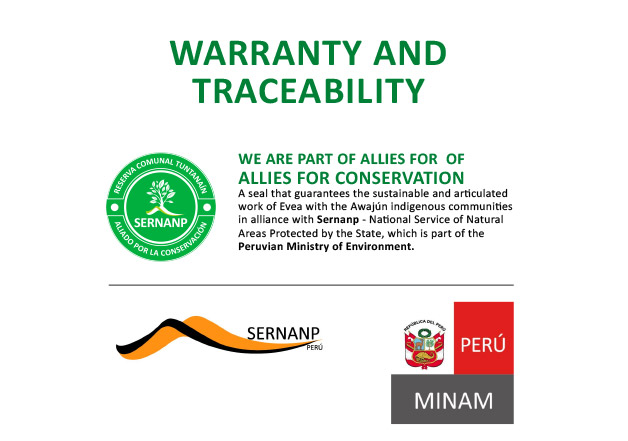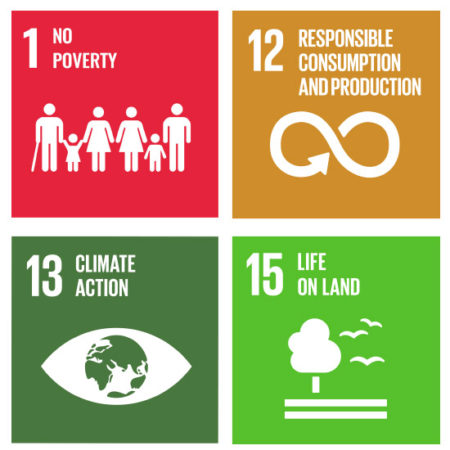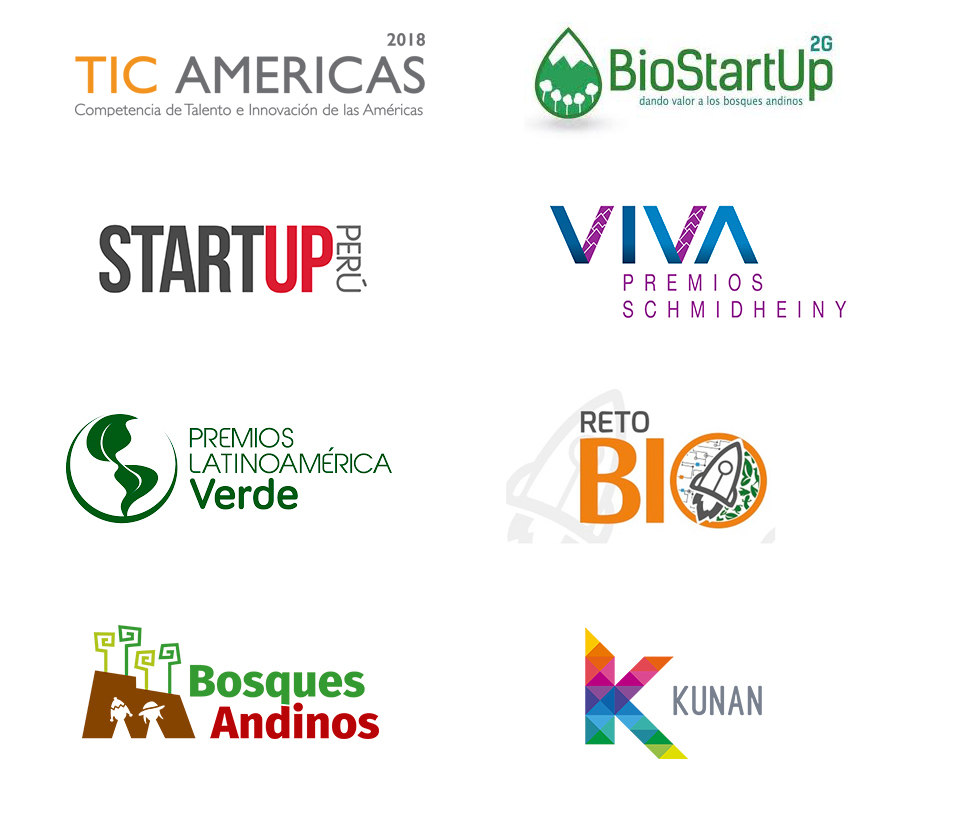ETHICAL AND SUSTAINABLE FASHION
To understand sustainable fashion, we must first reflect on what is current fashion, that is: buy, use and throw away. Fashion as we know it focuses on aesthetics and develops in the serial, consumerism, mass, standardization. And this generates a large consumption of resources, pollution and exploitation.
Faced with this type of fashion “Fast fashion”, sustainable fashion emerges as an alternative, which has as its principles, the protection of the environment, fairer labor policies and the conscious use of natural resources.
Evea was born with this philosophy, as an alternative to “fast fashion”, we add aesthetics, ethics; together with a new vision of responsible production that has a positive impact on the environment, on the communities and families’ economy, and achieves awareness among people about responsible consumption.
Evea was born with this philosophy, as an alternative to “fast fashion”, where we add aesthetics, ethics; together with a new vision of responsible production that has a positive impact on the environment and people
